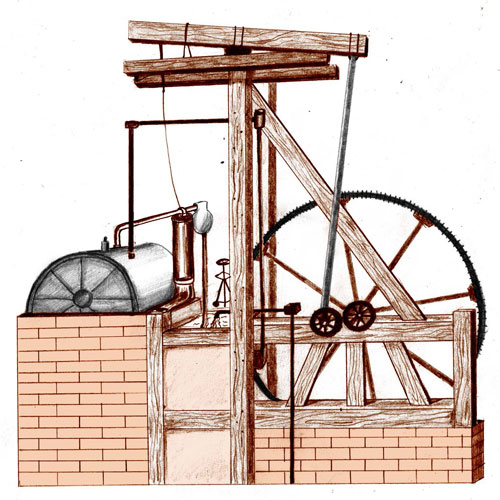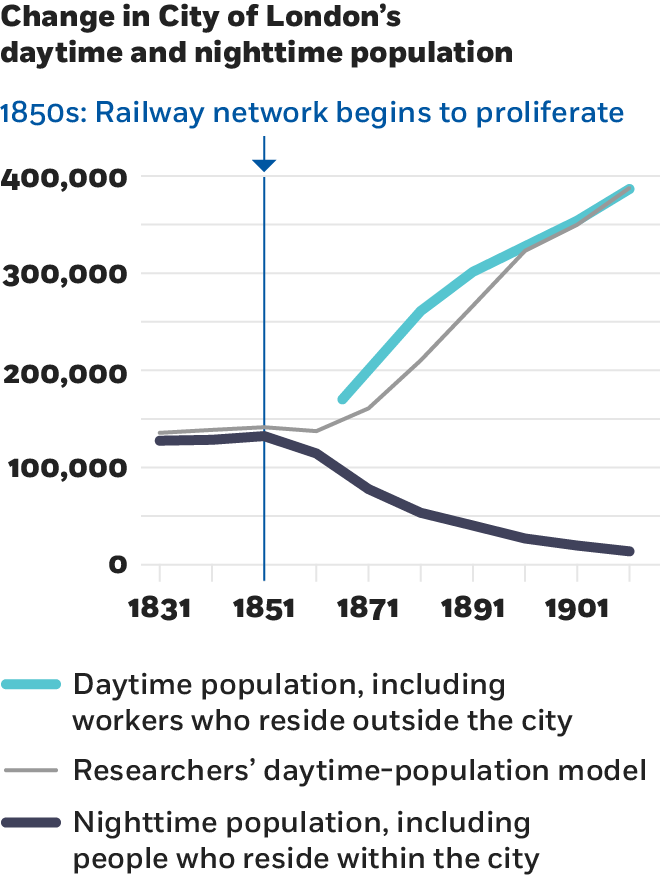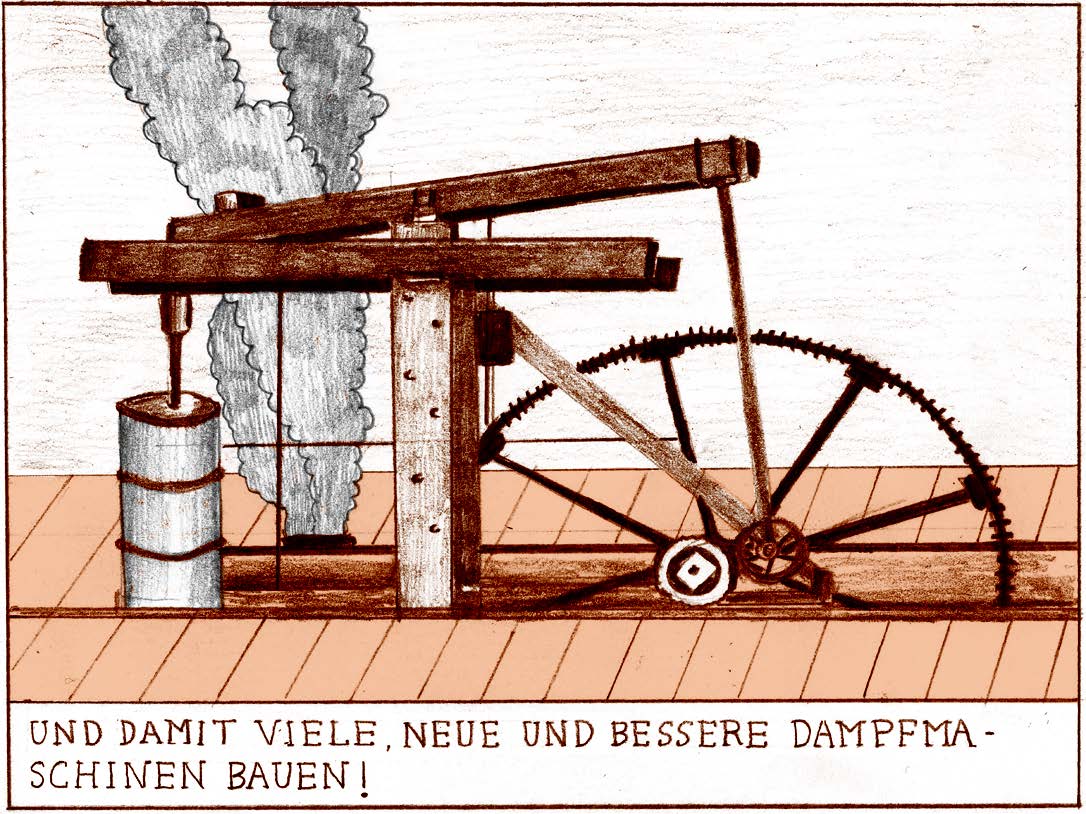The invention of the steam engine in the 18th century sparked a revolution that forever changed the economic landscape of the world. This remarkable creation laid the foundation for the Industrial Revolution, leading to massive economic growth, industrialization, and unprecedented advancements in technology and transportation.
Increased Productivity and Industrial Growth
The advent of the steam engine revolutionized industrial production. It enabled factories to operate machinery efficiently and at a much larger scale, significantly increasing productivity. This led to a rapid expansion of industries such as textile manufacturing, mining, and iron production.
With the newfound ability to harness steam power, industries experienced exponential growth, and new opportunities emerged, propelling economies into a phase of unprecedented development.
Transportation and Trade Revolution
The steam engine also transformed transportation, particularly through the development of steam locomotives and steamships. These innovations revolutionized trade, allowing goods and people to be transported more quickly and efficiently over long distances.
As a result, markets expanded, and trade flourished, leading to a significant increase in global commerce. The ability to transport raw materials and finished products swiftly and reliably facilitated the growth of international trade networks, ultimately boosting economic prosperity.

Credit: www.environmentandsociety.org
Creation of New Employment Opportunities
The widespread adoption of steam-powered machinery created a surge in demand for skilled labor in various industries. This demand led to the migration of people from rural areas to urban centers in search of employment opportunities in factories and manufacturing facilities.
While this shift presented challenges, it also offered many individuals the chance to secure stable employment and improve their economic circumstances. The growth of urban populations also stimulated the development of new consumer markets, further driving economic expansion.
Impact on Agricultural Practices and Food Production
The steam engine had a profound impact on agriculture, revolutionizing farming practices and increasing food production. Steam-powered agricultural machinery, such as tractors and threshing machines, enabled farmers to cultivate larger areas of land more efficiently.
As a result, agricultural output surged, leading to greater food security and allowing for the sustenance of larger urban populations. This boost in food production also supported the overall economic growth by ensuring a more substantial and reliable food supply for the expanding industrial workforce.

Credit: www.chicagobooth.edu
Technological Advancements and Innovation
The development of the steam engine spurred a wave of technological innovation across various industries. Engineers and inventors leveraged the power of steam to create new and improved machinery, leading to further advancements in manufacturing processes, mining techniques, and infrastructure development.
These technological advancements not only enhanced productivity but also laid the groundwork for future innovations, setting the stage for sustained economic growth and progress. The ripple effect of this period of innovation continues to shape modern society and economies in profound ways.
Frequently Asked Questions For The Economic Impact Of The Steam Engine
Q: What Is The History Behind The Steam Engine?
The steam engine was invented in the 18th century and transformed various industries, powering transportation and boosting industrial development.
Q: How Did The Steam Engine Revolutionize Transportation?
The steam engine revolutionized transportation by enabling the development of steam-powered trains and ships, allowing for faster and more efficient travel across long distances.
Q: What Were The Economic Benefits Of The Steam Engine?
The steam engine brought numerous economic benefits, such as increased productivity in industries, the ability to transport goods more efficiently, and the creation of new jobs related to steam engine manufacturing and operation.
Q: How Did The Steam Engine Impact Industrialization?
The steam engine played a vital role in accelerating industrialization by providing a reliable power source for factories and mechanized production processes, leading to increased output and economic growth.
Conclusion
The economic impact of the steam engine cannot be overstated. Its influence reverberated across the globe, transforming economies, industries, and societies. By driving industrial growth, revolutionizing transportation and trade, creating new employment opportunities, boosting agricultural productivity, and fostering technological advancements, the steam engine set the stage for the modern economic world we live in today.
As we reflect on the profound impact of this invention, it becomes clear that the steam engine not only powered the Industrial Revolution but also laid the foundation for the interconnected global economy that continues to evolve and expand to this day.
Guest Author Sakhawat-Shuvo wrote and edited this Article based on his best knowledge and understanding. These opinions and remarks are not endorsed or guaranteed by epichistoria.com or EpicHistoria. The Epic Historia does not guarantee this article’s content. Readers should verify and use their judgment before trusting the content. Also, the Images used in this Article are the copyright of their Respective Owners. Please use our Comment Box or Contact Us form to report this content. This information is not accountable for losses, injuries, or damages.

